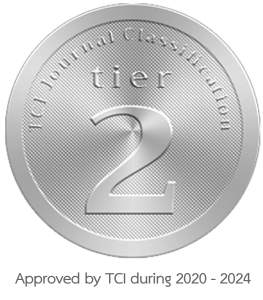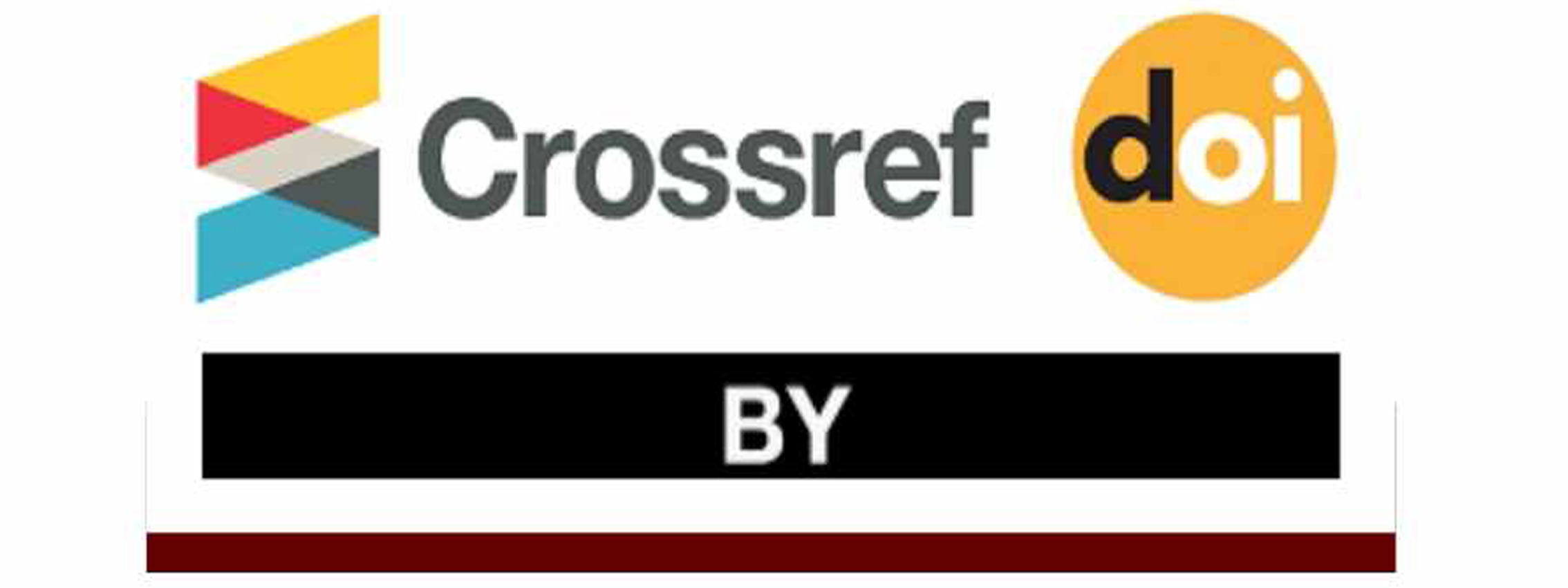Use of gamification to promote spelling skills of grade 3 students
DOI:
https://doi.org/10.62819/jel.2025.1013Keywords:
English language learning, gamification, spelling skillsAbstract
This research aimed to (1) compare the English spelling skills of grade 3 students before and after learning from lessons using gamification, (2) compare the English spelling skills of grade 3 students using gamification and conventional methods, and (3) study the satisfaction of grade 3 students toward the lessons using gamification. The study sample consisted of grade 3 students enrolled in a Thai primary school during the first semester of the 2024 academic year. A cluster random sampling method was employed to select 16 students for the experimental group and 16 for the control group, yielding a total of 32 participants. The research instruments comprised gamification-based instructional materials, pre-test and post-test assessments to evaluate English language proficiency, and a student satisfaction survey to gauge learners' perceptions of the instructional approach. The findings indicate that grade 3 students' English spelling abilities improved following instruction using the gamification teaching approach, compared to their pre-learning levels, with a statistical significance of p = .05. Moreover, English spelling skills among grade 3 students taught using the gamification strategy demonstrated a statistically significant difference from those instructed through conventional methods (p = .05). Additionally, students' overall satisfaction with the gamified lesson was at the highest level, with a mean score of 4.90 and a standard deviation of 0.17.
References
Aljraiwi, S. (2019). Effectiveness of gamification of web-based learning in improving academic achievement and creative thinking among primary school students. International Journal of Education and Practice, 7(3), 242-257. https://doi.org/10.18488/journal.61.2019.73.242.257
Anulomsombat, M. (2019). Changing the world of gamification changes learners into knowers. Bangkok Business. https://www.bangkokbiznews.com/blog/detail/648345
Chaisiri, D., & Songsanit, S. (2020). Promoting motivational engagement in learning through blended learning combined with gamification concepts for 10th grade students at Phadungnaree School. The 21st National Graduate Research Conference, Khon Kaen University.
Chokphon, P. (2015). Promoting cooperative learning behaviors through gamification-based learning management for students in the special science classroom in grade 4 at Phetchaburi School (Master’s thesis, Mahasarakham University).
Chusangnil, C. (2018). Gamification: Learning through play as a game. SciMath Knowledge Base. https://scimath.org/article-technology/item/
Cook, V. (2014). Second language learning and language teaching (5th ed.). Routledge.
Deci, E. L., & Ryan, R. M. (2000). The "what" and "why" of goal pursuits: Human needs and the self-determination of behavior. Psychological Inquiry, 11(4), 227–268. https://doi.org/10.1207/S15327965PLI1104_01
Det, C., & Lertrukulrat, T. (2020). A study of innovative learning through gamification. Journal of Education, Naresuan University, 18(3), 332–346.
Deterding, S., Dixon, D., Khaled, R., & Nacke, L. (2011). From game design elements to gamefulness: Defining "gamification.” In Proceedings of the 15th International Academic MindTrek Conference (pp. 9–15). ACM. https://doi.org/10.1145/2181037.2181040
Erion, J., Davenport, C., Rodax, N., Scholl, B., & Hardy, J. (2009). Cover-copy-compare and spelling: One versus three repetitions. Journal of Behavioral Education, 18(4), 319-330.
Good, C. V. (1945). Dictionary of education. McGraw-Hill.
Hamari, J., Koivisto, J., & Sarsa, H. (2014). Does gamification work? A literature review of empirical studies on gamification. In 47th Hawaii International Conference on System Sciences (pp. 3025–3034). IEEE. https://doi.org/10.1109/HICSS.2014.377
Inchamnan, W. (2018). The development of game-type learning media to provide knowledge about regulations and practices in training centers for children and youth. Dhurakij Pundit University.
Injui, R., Chiewsothorn, S., Prasithewejjakul, A., & Proyuen, C. (2020). The effects of learning activities using gamification techniques on motivation to achieve and satisfaction of army nurse students. Army Nursing Journal, 21(2), 377-388.
Joshi, A., & Roh, H. (2009). The role of context in work team diversity research: Meta-analytic review. Academy of Management Journal, 52(3), 599-627.
Kapp, K. M. (2012). The gamification of learning and instruction: Game-based methods and strategies for training and education. https://www.wiley.com/go/kappgamification
Kraisikao, T., & Pengpoom, B. (2020). The development of spelling writing skills for grade 1 students using local language in daily life through brain-based learning combined with computer-assisted instruction. Academic Journal of Curriculum and Instruction, Sakon Nakhon Rajabhat University, 12(35), 1–9.
Kuea-Anan, P. (2022). Development of reading and writing English vocabulary of Prathomsuksa 1 students using phonics method integrated with multimedia, reinforcement, and peer-assisted learning. Journal of Curriculum and Instruction, 14(40), 128–140.
Lee, J. J., & Hammer, J. (2011). Gamification in education: What, how, why bother? Academic Exchange Quarterly, 15(2), 146.
Lerthamrongchai, K. (2017). (Gamification) The world of learning driven by games. http://touchpoint.in.th/gamification
Meesuk, C. (2015). Organizing learning activities to enhance students' participation behaviors using gamification techniques for special science classroom students in the 4th grade at Anukulnari School (Master’s thesis, Mahasarakham University).
Mijaitam, N., & Eunkarin, T. (2020). The development of English learning achievement using gamification techniques for 5th grade students. Journal of Education, Burapha University, 32(2), 76-90.
Nation, I. S. P. (2009). Teaching ESL/EFL reading and writing. Routledge.
Palawan, P. (2020). The development of spelling skills in English using games for 5th grade students. Humanities and Social Sciences Journal of Walailak University, 15(2), 126-136.
Permnam, C. (2017). The development of learning achievement on spelling and social skills of Prathomsuksa 3 students through cooperative learning using the TGT technique and practice exercises (Master’s thesis, Silpakorn University). http://ithesis-ir.su.ac.th/dspace/bitstream/123456789/1469/1/57255312.pdf
Phinyoyang, W. (2013). Marketing ideas that change the world. Bangkok Business Media.
Phochaitrat, K. (2018). The development of spelling skills in English using games for 3rd grade students at Khokpho Chai School [Research report]. Educational Research Promotion and Development Group, Office of Educational Innovation Development.
Phongpanit, N. (2011). A study of problems in speaking English in verbal communication of students of the Faculty of Management Science, Kasetsart University Sriracha Campus, October 2007 to September 2008. Journal of Humanities and Social Sciences, 18(1), 85–97.
Pinter, A. (2017). Teaching young language learners (2nd ed.). Oxford University Press.
Sangthip, W. (2021). Development of gamified learning management integrated with task-oriented teaching methods to promote English reading comprehension skills and motivation to learn among third-year secondary students (Master’s thesis, Silpakorn University).
Smith, A., & Jones, B. (2020). Gamification in early language education: Strategies and challenges. Early Childhood Education Journal, 48(3), 345–360.
Tangpattanakit, J. (2020). The influence of factors affecting communication in English with motivation as a mediating variable and anxiety as a moderating variable. Journal of Business Administration and Arts Rajamangala University of Technology Lanna, 8(2), 111-126. https://research.ku.ac.th/forest/Publish.aspx?PuublishID=30027
Thongrak, S. (2015). Gamification for education. https://prezi.com/egljtudugd8e/gamification-for-education
Wang, Y. J. (2011). Aesthetics and the online shopping environment: Understanding consumer responses. Journal of Retailing, 8(2), 46-58.
Wang, Y. (2021). Enhancing spelling skills through gamified learning: A study of primary and secondary school learners. Journal of Educational Technology Research, 29(2),150–167.
Wolff, J. (2012). The gamification of education and cognitive, social, and emotional learning benefits. http://www.emergingedtech.com/2012/06/the-gamification-of-education-and-cognitive-social-and-emotional-learning-benefits
Zichermann, G. (2015). About: Gabe Zicherman. Gamification.co. http://www.gamification.co/about-gamification-co/v


















